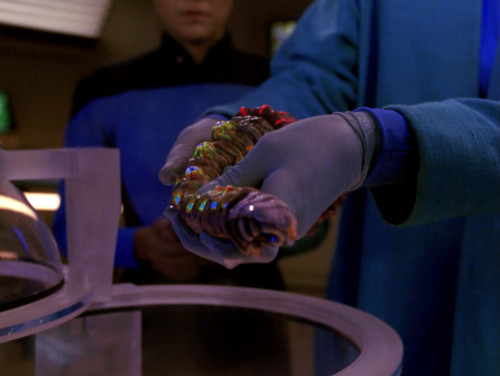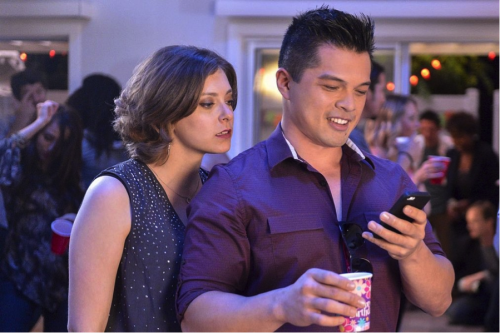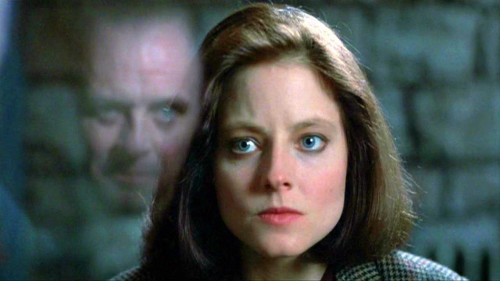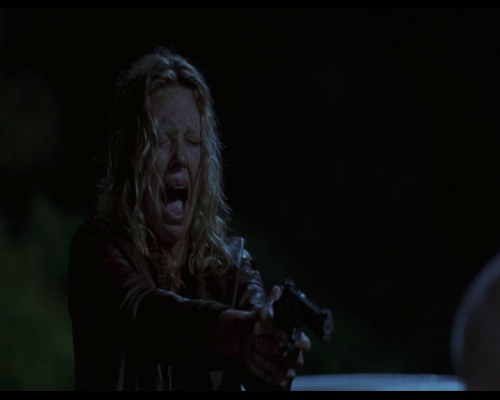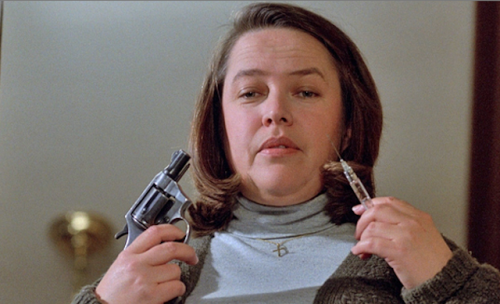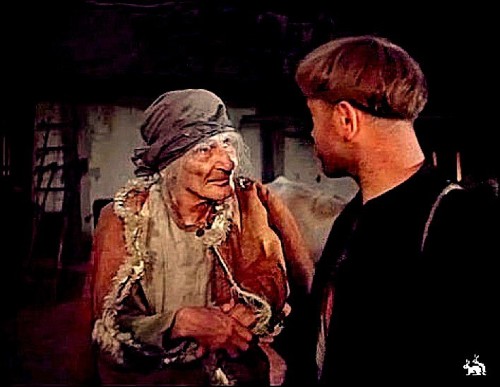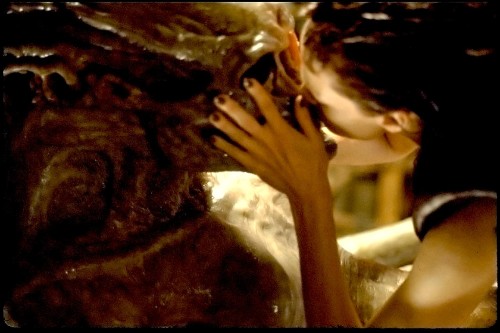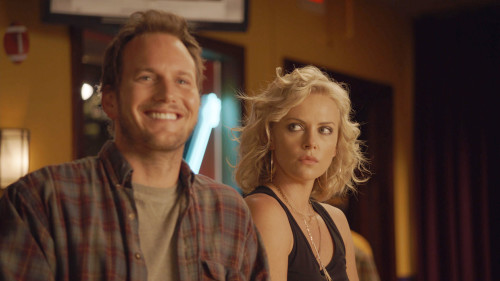Dead Woman Walking: ‘Phoenix’ and the Resurrected Femme Fatale
The femme fatale, then, embodies noir’s obsession with death – not only its inevitability but also its allure. Unlike the male hero, who strives to defy fate at every turn, the femme fatale is acutely aware of her vulnerability. As scholar Elisabeth Bronfen posits, she “accepts her death as the logical consequence of her insistence on a radical pursuit of personal freedom,” embracing ruin rather than wallowing in denial. It isn’t passivity so much as cynicism; as a woman in a patriarchal society, she’s familiar with the limits of autonomy and has no illusions of grandeur or righteousness.

